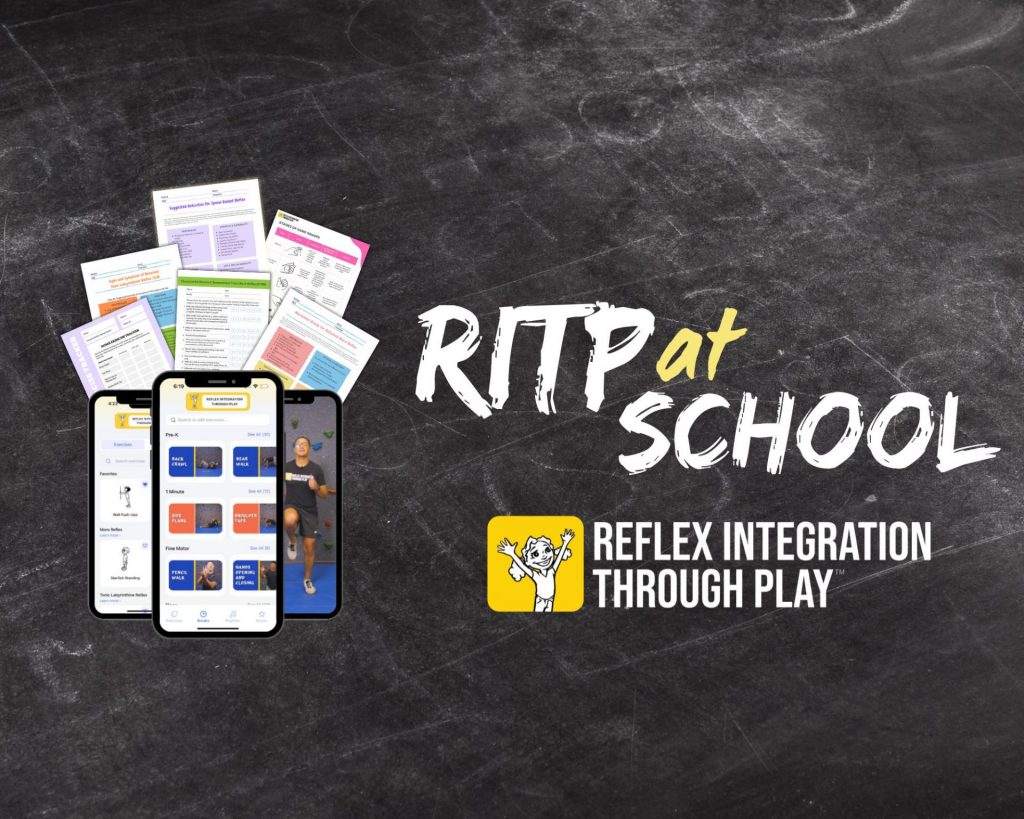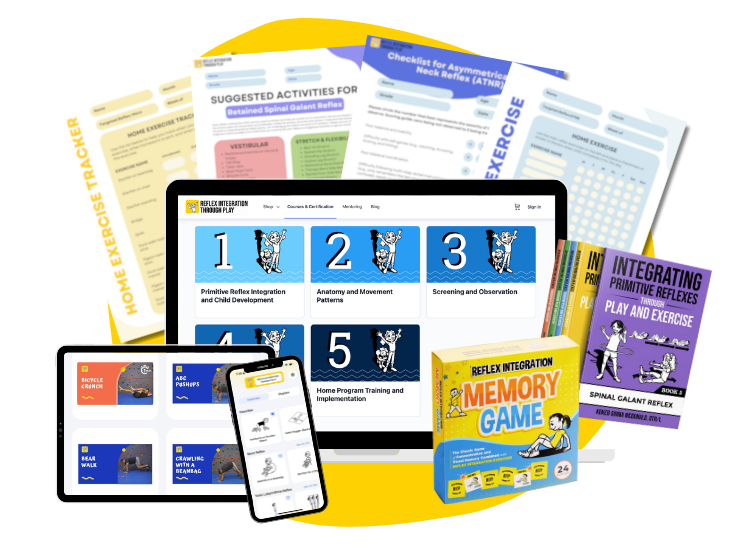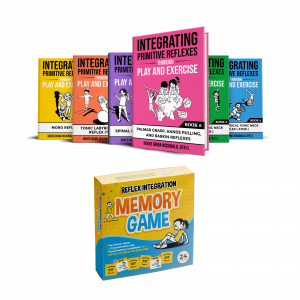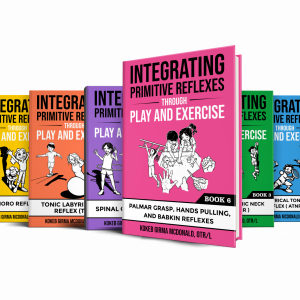Are you laying the right foundation for your pediatric occupational therapy treatment plans?
If you’re unsure — or if you want to sharpen your skills — this episode of Reflex Integration through Play (RITP) with host Kokeb McDonald is a must-listen. We’re diving deep into the crucial first steps of treatment planning, offering practical insights you can apply immediately to create more effective, targeted, and meaningful therapy outcomes.
In this episode, Kokeb unpacks why intake, screening, and evaluation are not just formalities — they’re the building blocks of a strong, customized plan that truly supports each child’s unique needs. You’ll also learn how to channel your inner “behavior detective” to uncover the underlying causes behind behaviors and developmental challenges, instead of just addressing surface-level symptoms.
Here’s what we cover:
00:00 – Introduction to Effective Treatment Planning
We kick off with an overview of why how you start treatment planning can make or break the entire therapeutic process. When you gather the right information at the beginning, every step that follows becomes more purposeful and impactful.
00:56 – Understanding the Importance of Clear Goals
Clear, measurable goals aren’t just helpful — they are essential. Kokeb discusses how vague goals can derail progress and how crystal-clear, functional goals set children up for true success.
01:23 – The Role of Occupational Therapists
As occupational therapists, we wear many hats — coach, advocate, evaluator, and sometimes detective. Kokeb explains the unique role we play in helping children bridge developmental gaps through a holistic, individualized lens.
02:22 – Starting with Intake and Screening
Before diving into activities or interventions, it’s vital to gather a comprehensive intake. Kokeb outlines the key components of effective intake and screening, including what to ask, what to observe, and how to ensure nothing crucial slips through the cracks.
04:08 – Becoming a Behavior Detective
Here’s where it gets even more interesting: behavior is communication. Instead of just labeling a behavior as “difficult” or “inappropriate,” Kokeb encourages therapists to dig deeper. What is the behavior telling us? Is a retained reflex at play? A sensory processing challenge? Emotional regulation difficulties? Learn the art and science of decoding behaviors to inform treatment.
06:46 – Highlighting Retained Reflex Patterns
One of the foundational principles in the RITP Framework is understanding retained primitive reflexes. Kokeb highlights key reflex patterns to watch for and discusses why integrating them is often critical for progress in occupational therapy.
10:36 – Gathering Developmental History
Parents and caregivers are your greatest allies when it comes to gathering developmental history. Kokeb shares tips for asking the right questions — from birth history to early motor milestones — and piecing together a clear picture of a child’s developmental journey.
14:31 – Observing Functional Skills
Observation is one of your most powerful tools. Beyond checklists and forms, Kokeb talks about how dynamic observation of everyday functional skills — dressing, eating, moving, playing — provides invaluable insight for treatment planning.
16:25 – Understanding the Child’s Mindset
Finally, no plan is complete without considering the child’s perspective. How does the child see themselves? What motivates or frustrates them? Kokeb emphasizes the importance of meeting children where they are emotionally and cognitively, to foster trust and engagement.
17:48 – Conclusion and Next Steps
The episode wraps up with a sneak peek into the next phase of treatment planning: setting targeted, functional goals that drive meaningful change. Stay tuned for Part Two, where Kokeb will dive into creating goals that are both aspirational and achievable.
Ready to Learn More?
If this conversation got you thinking about how you approach treatment planning, why not dive into the full episode of the RITP Podcast? Listen as Kokeb shares practical tips, real-world examples, and actionable insights to strengthen your foundation for success.
🎧 Tune in now to hear Kokeb’s full breakdown — and walk away with the tools to become a more confident, intentional, and impactful therapist.
🎒 Ready to Bring Reflex Integration Through Play (RITP) to Your School or Therapy Practice?
👉 If you’re looking for ways to bring reflex integration into the classroom, check out the Reflex Integration Through Play at School program: RITP.info/school.
RITP at School Program is designed for school-based occupational therapists, educators, professionals who want to implement a flexible, play-based, brain-body approach

✅ AOTA-approved trainings
✅ Plug-and-play curriculum from Pre-K to High School
✅ Coaching calls to support your implementation
✅ Ready-to-use resources for both therapists and teachers
✅ Proven tools to improve focus, regulation, and learning in the classroom
Whether you’re supporting one school or many, this program gives you everything you need to equip teachers, empower students, and make a lasting impact.
🎒 Ready to Level Up Your Skills and Learn the Keys to Reflex Integration Through Play?
👉 For therapists and service providers wanting to level up their skills and bring a play-based approach to reflex integration, visit: RITP.info/certification.

✅ Comprehensive, hands-on training to master reflex integration techniques
✅ Evidence-based methods that blend movement, play, and functional applications
✅ Step-by-step guidance to assess and address unintegrated reflexes
✅ Ongoing mentorship and coaching calls to support your clinical success
✅ Practical tools and resources to implement reflex integration with confidence
Whether you’re working with children, adults, or specialized populations, this certification gives you the skills, support, and strategies to create real, lasting change in your clients’ lives.





